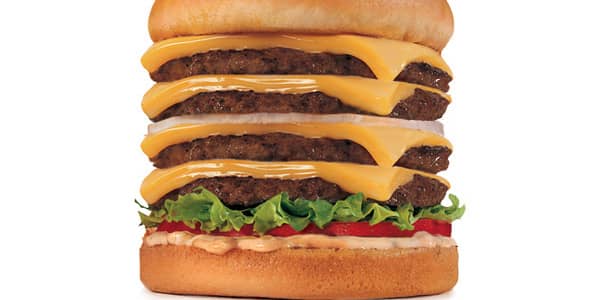No doubt General Growth Properties' bankruptcy filing will have far-reaching implications for the commercial real estate market.
The bankruptcy, which is said to be the largest real-estate failure in U.S. history, will further pressure already stressed property values for U.S. malls and mall mortgages.
It's also likely to lead to speed up consolidation in the mall industry, with companies such as Simon Property, Westfield Group and Taubman Centers emerging as potential winners, that is, if they can come up with the cash to pick-up prime pieces of General Growth's portfolio.
The company does have some choice pieces of real estate among its holdings, including the Ala Moana Center in Honolulu, Water Tower Place in Chicago, and the Grand Canal Shoppes at the Venetian in Las Vegas.
But if you listen to General Growth , the proposition of raising money for these deals might not be easy. The company claims it is the latest victim of the credit crunch, and it sees looming problems for other commercial real estate because of constraints in the credit markets.
That also means, the mall operator could have a tough time using asset sales to pay off its creditors.
And so the domino effect begins with effects for other commercial property owners as well as for banks who loaned money to these property owners such as Citigroup , Deutsche Bank and Goldman Sachs , which are among General Growth's creditors.
Business Model is 'Sound'
In an interview with CNBC's Erin Burnett, General Growth President and Chief Operating Officer Tom Nolan said that the company's business model is "sound." The problem is the commercial mortgage market is still frozen, Nolan said.
"It is a maturity problem," Nolan told Burnett. "I think that is an important fact to focus on. The company has been able to sustain keeping these mortgages current. We have been paying the interest currently as it is due, but where the challenge has been is where the mortgages mature, and our debts mature, there simply is not enough capacity in the credit markets today to refinance them."
The bankruptcy filing followed months of negotiations as attempting to refinance $27 billion in debt. Some of that debt was amassed as General Growth bulked up its portfolio acquisition by acquisition to eventually become the second largest mall operator in the U.S. behind Simon Property.
During the bankruptcy proceedings, General Growth plans to petition the court to attempt to remain current on its debts, Nolan said. (To hear Nolan's full comments, watch the video above.)
General Growth also does not expect its bankruptcy to result in mall closures. However, analysts suspect the company will need to sell some of its properties as it moves through the bankruptcy proceedings.
In the interview, Nolan declined to point to a slowdown in the retail industry as a factor in its bankruptcy.
According to Nolan, it is not having trouble with its retail tenants. In fact, he said, the shopping center was 92.5 percent occupied at the end of last year, which was one of its highest occupancy levels since went public.
"We have not had to materially re-write leases, and we don't expect to," Nolan said.
"We recognize that retail sales are down, but we have long-term leases," he said. "These tenants are working closely with us. I think a lot of our tenants are doing a terrific job of managing their own businesses. We know some of them are challenged....From our standpoint we have the centers people want to be at so even if they are cutting back on places that these retailers want to be at, we are confident we have the centers they want to be at."
More from Consumer Nation:
- Is Less Severe Good Enough for Retailers?
- Recession Fueling These Cheap Eats
- Retailers Try to Find the Light When Neighbors Go Dark
- The Coming Retail Real Estate Nightmare
Questions? Comments? Email us at consumernation@cnbc.com





